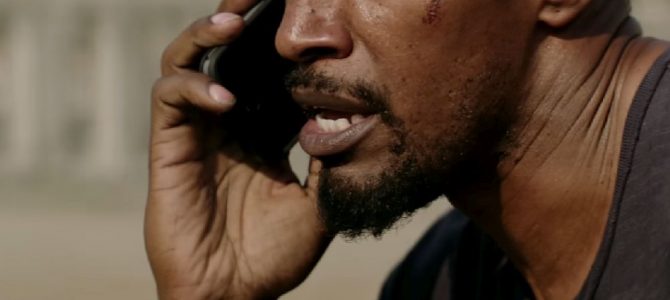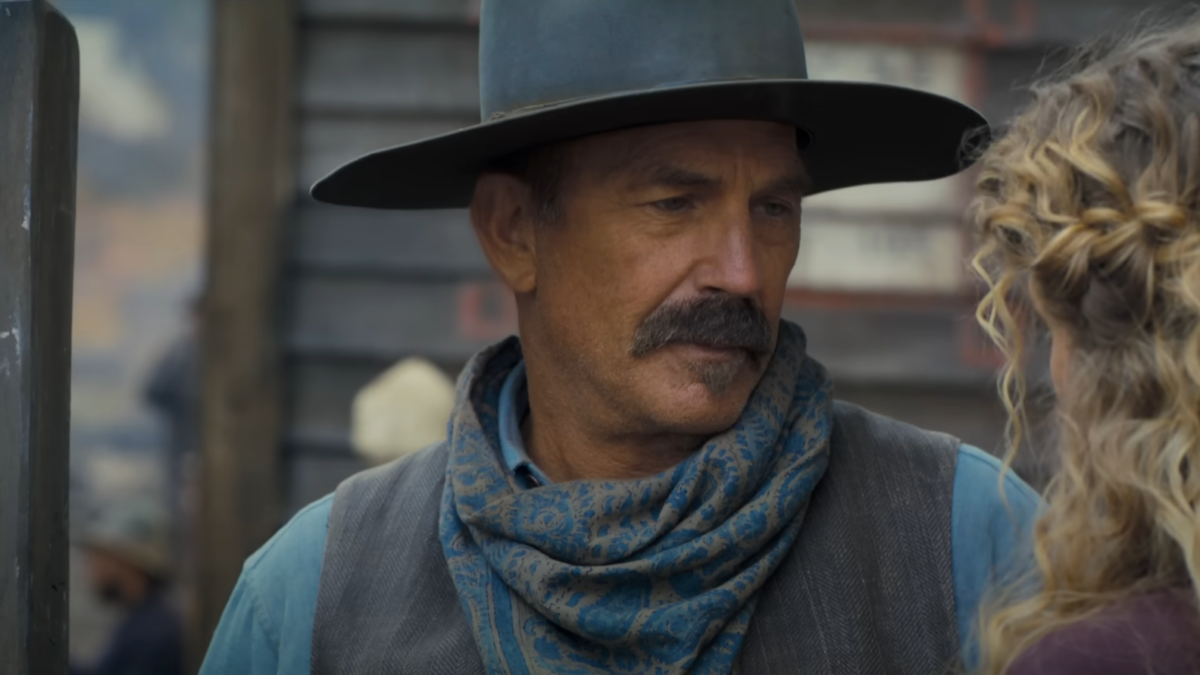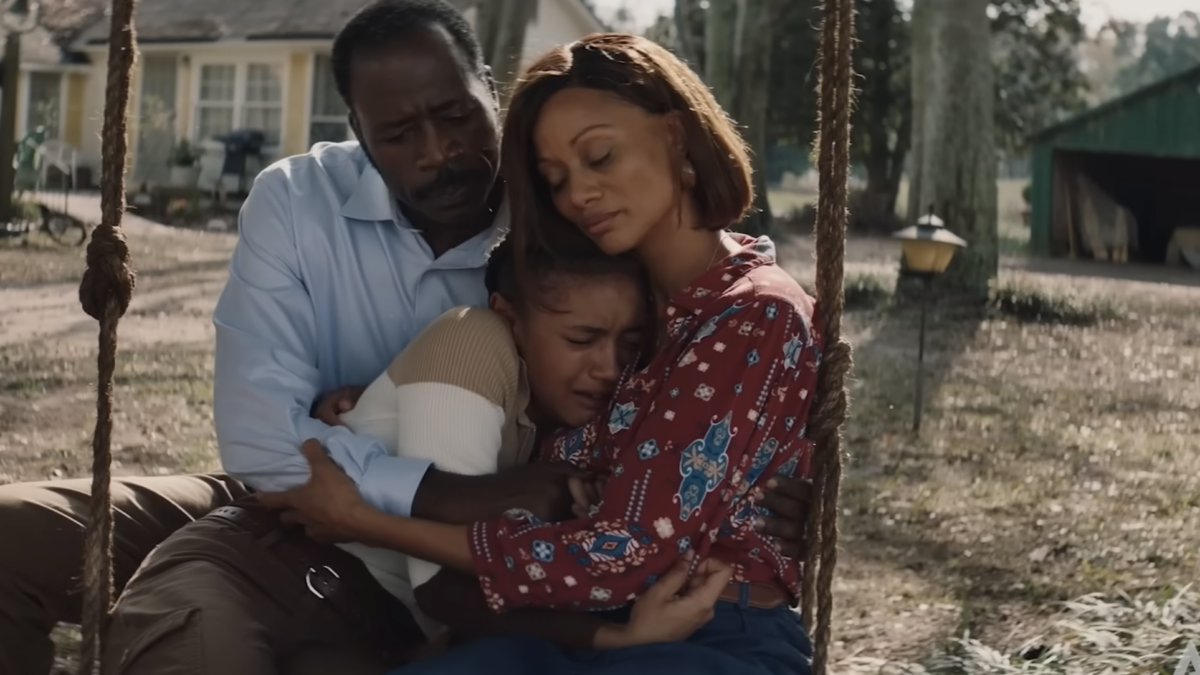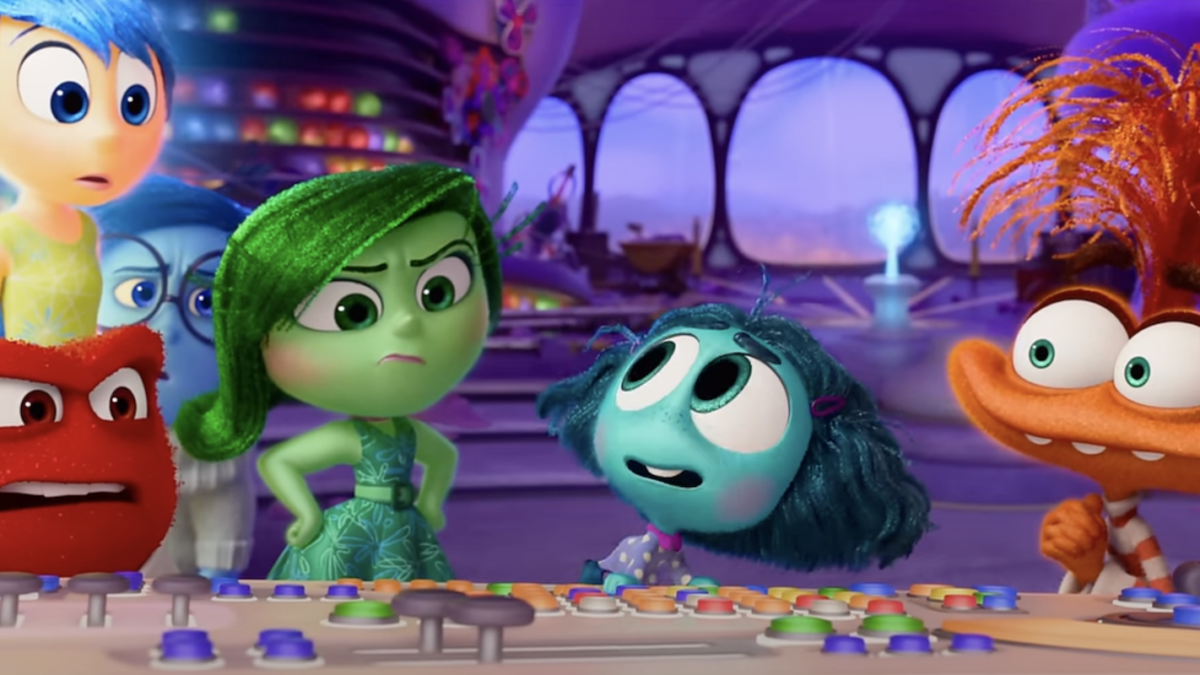
Casinos, cocaine, and dirty cops: those words sum up Jaime Foxx’s new crime thriller “Sleepless.” The movie, which begins with some promise, has a gritty retro aesthetic that hearkens back to the crime films of the 1970s. The world is a messed-up place, and sometimes the best we can hope for is a hardboiled, hollow-eyed hero. New York City is cleaner than it was 40 years ago, so “Sleepless” is set in America’s last bastion of gilded dirtiness: Las Vegas.
In “Sleepless,” Foxx plays Vincent Downs, a Las Vegas police officer who finds himself in possession of 25 kilos of cocaine that don’t belong to him. The drug lords want their cocaine back, and they kidnap Vincent’s son to ensure his cooperation. Vincent gets the drugs and heads to the casino where his son is being held hostage.
Things start to fall apart for Vincent in the movie’s second act, and when I say “things” I mean the script. “Cookie cutter” was the phrase I heard as I exited the theater, and the movie hits every narc-movie cliché.
You can make a satisfying movie out of clichés (e.g., “The Force Awakens”). But if you’re not planning to show the audience something fresh, the least you can do is film and arrange your clichés with excellence. “Sleepless” could have been named “Sleepwalking” because it seems that everyone involved decided to shoot for mediocre.
An Action Film Where the Lead Doesn’t Get to Act
Michelle Monaghan and Scoot McNairy do a creditable job playing the kinds of characters that they typically play in spite of a script that doesn’t give them much to work with. The biggest crime in this thriller is that Foxx is absolutely wasted after the opening scenes. If you have an Academy Award-winning actor lined up for your film, you should probably let him act.
Foxx spends most of the movie alone, running through the empty hallways and service corridors of the fictional casino that provides the setting for most of the movie. Even when he does talk to other characters, there’s no joy in it. Foxx is a funny guy, but the few “humorous” bits that were meant to break up the grimness fail.
The script’s relentless grimness is compounded by a sense of claustrophobia. Most of the movie takes place in a high-rise casino, but for some reason this casino has a shocking lack of space. The director didn’t spend much of the $30-million budget on set construction, and the movie has a few relatively small sets crammed with a few hundred people in them.
We’re not supposed to notice that the casino is smaller on the inside than on the outside. At one point Monaghan’s character complains to her partner that they’ve searched the whole casino from top to bottom without finding Vincent Downs. That would be a ludicrous statement if the casino had more than three rooms, but fortunately it doesn’t.
For the movie’s climax, the director must have realized that he needed to change up the location even though he was out of money. The solution? Shoot in a parking garage. Those are cheap. The climax is the weakest part of the movie. As the filming budget dwindled, characters started making increasingly irrational decisions to bring the plot to a close. Really, no one’s actions make sense towards the end. I’m beginning to suspect that the movie was called “Sleepless” because the whole thing was filmed in one sleepless night.
At Least the Bad Guys Are Bad
“Sleepless” pretends to be more than a cliché-filled crime thriller by telling the audience that it’s really a movie about fathers and sons. Downs and his kidnapped son have some issues to work through. McNairy’s creepy villain has his own struggles as he tries to gain his father’s approval.
A number of scenes signal to the audience “Pay attention to this poignant moment about fathers and sons!” but these attempts at sentimentality lack any emotional punch. The movie leaves us with the message that it’s okay to neglect your family if your work is really important. They’ll understand when they see it pay off in the end. I’m not sure the audience will.
The one redeeming thing about “Sleepless” is that the bad guys are bad guys and the bad guys are not us. Since the fall of the Iron Curtain and the rise of the Bourne franchise, our own government has often threatened the heroes of action thrillers. As part of that retro feel, “Sleepless” locates evil in organized crime’s drug trafficking. Every aspect of Las Vegas seems to have been corrupted by that evil, as no one’s happy at the beginning of the movie. This corruption extends to the government.
As Monaghan’s character says, the city is “crawling with dirty cops.” But the government itself isn’t the problem. We aren’t the problem. Corruption has taken its toll, but corruption of a system entails that the system must be inherently good. The Las Vegas of “Sleepless,” as bad as it is, still has some good people in it, and some of them are cops.
Unfortunately, those few good people won’t get much rest. The movie ends on an implicit promise of a sequel. We can only hope that Foxx finds a better option to fuel his ambitions to become an action hero.









